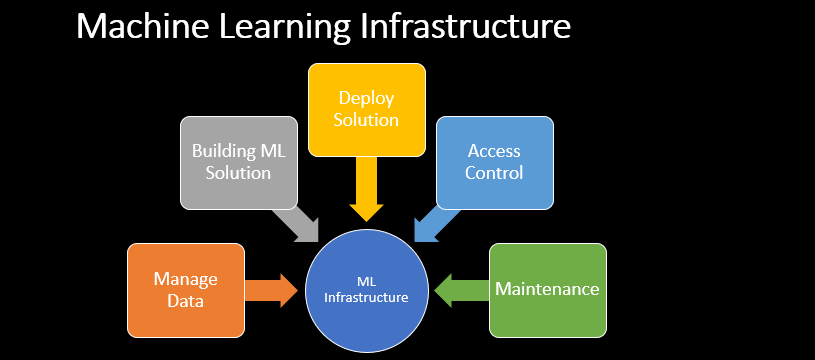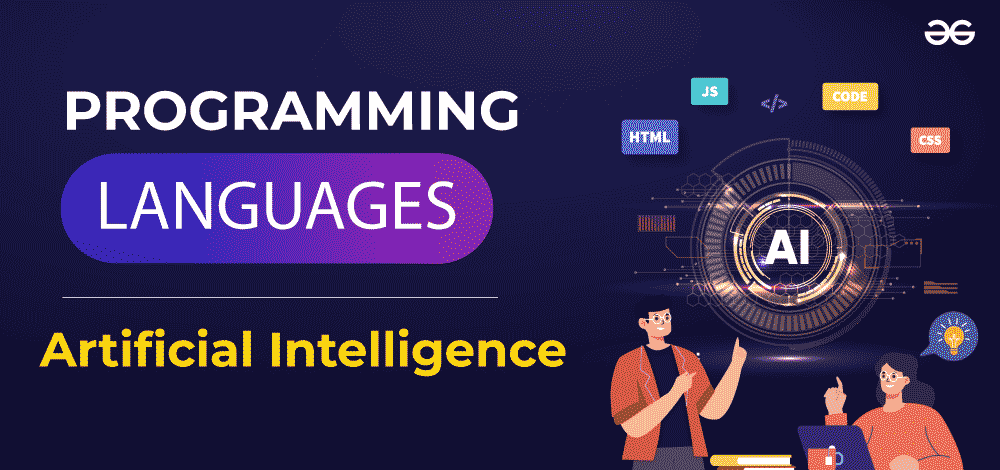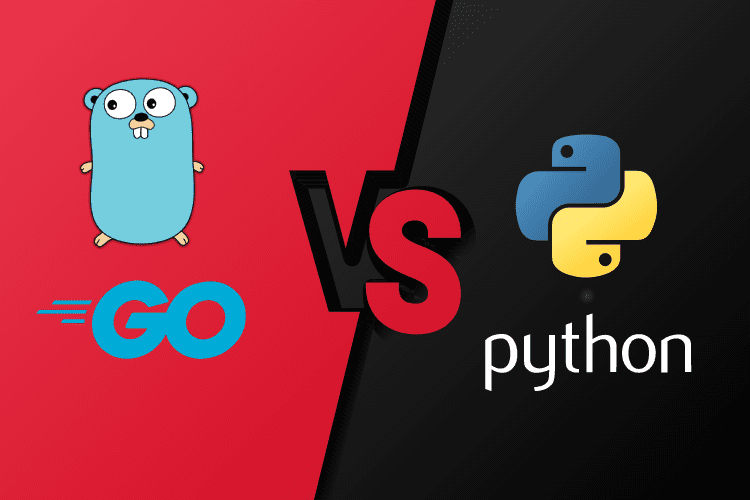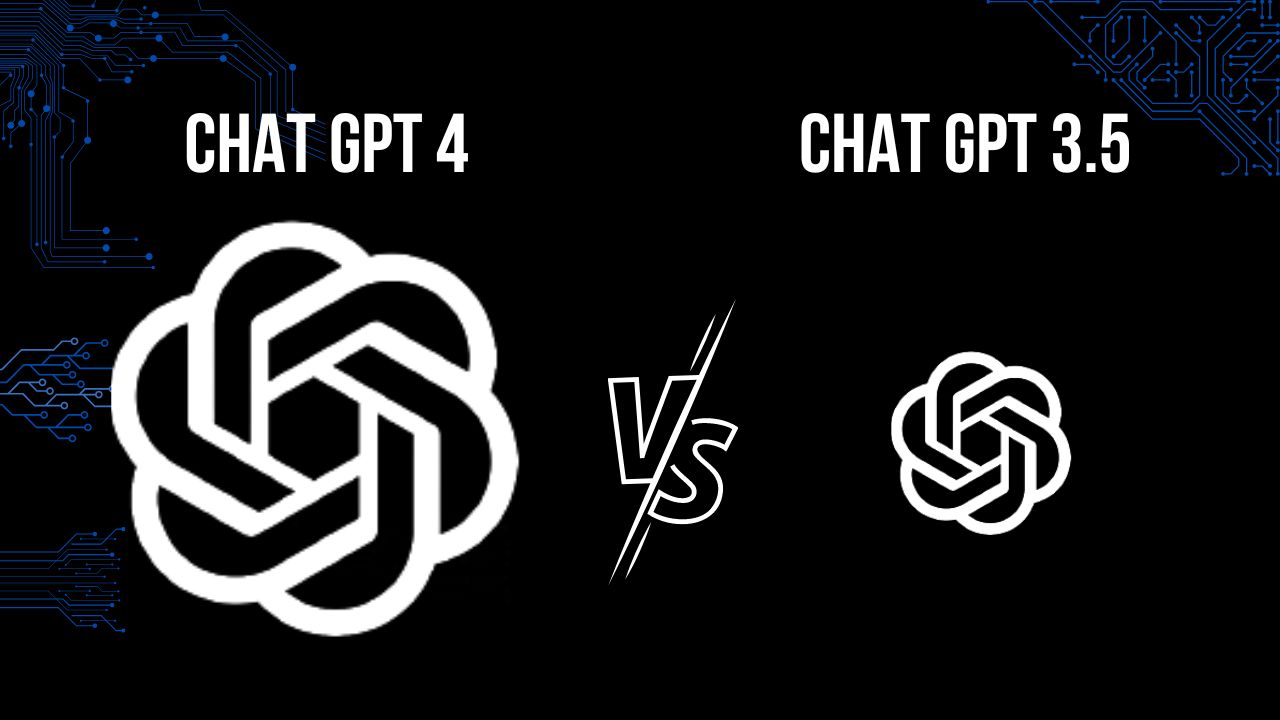- Home
- Blog - Page 11 of 13 - RoboSoul
Blog






Machine Learning Infrastructure: Enhancing Model Training and Deployment
Machine Learning Infrastructure plays a pivotal role in the advancement of AI technologies, empowering organizations to train and deploy models more efficiently. By streamlining machine learning workflows, these infrastructures help bridge the gap between data scientists and DevOps teams, enabling a more collaborative and [...]
Read More
OpenAI Fine Tuning: A Comprehensive Guide to Enhancing Your AI Models
OpenAI Fine Tuning offers a revolutionary approach to improving the performance of AI models. By refining these models, developers can tailor them to better meet specific needs, thus unlocking new potentials in various applications. This guide aims to provide comprehensive insights into how fine [...]
Read More
Best Programming Language for AI: A Comprehensive Guide
Choosing the right programming language for artificial intelligence (AI) projects is pivotal, as it directly influences the speed and efficiency of development. Python, with its simplicity and flexibility, has emerged as a favorite among data scientists, especially for tasks such as statistical modeling and [...]
Read More
Golang vs Python: A Comprehensive Guide for 2024
In 2024, the debate between Golang and Python continues to shape the landscape of programming. Python, an interpreted language, remains a powerhouse for app development, renowned for its extensive libraries and ease of use. On the other side, Golang, celebrated for its efficient dependency [...]
Read More
Can a Robot Have a Soul? Unraveling the Intersection of Technology and Spirituality
The question of whether a robot can possess a soul bridges the realms of technology and spirituality, challenging our traditional views. This inquiry not only touches on the advances in artificial intelligence but also delves into the essence of what it means to be [...]
Read More
ChatGPT 3.5 vs 4: An In-depth Comparison Guide
The landscape of natural language processing has evolved significantly with the introduction of ChatGPT 3.5 and its successor, ChatGPT 4. These models, developed by OpenAI, represent milestones in the journey towards more sophisticated and human-like artificial intelligence. While both versions aim to simulate human [...]
Read More